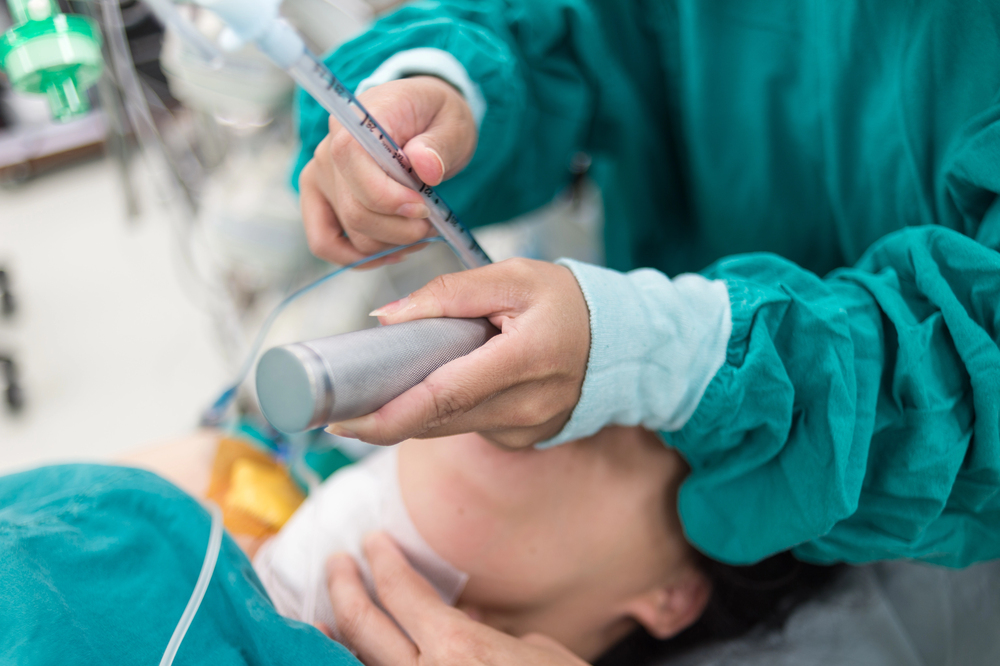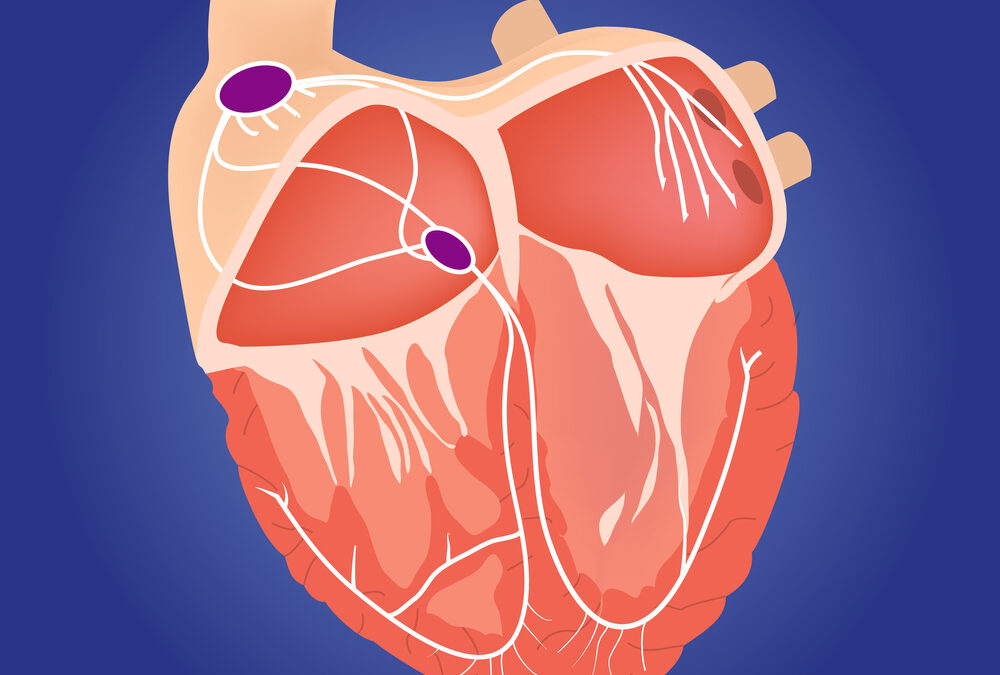
by Iliyah Maddox | Nov 18, 2024 | biology, education & training, health and medicine
Our kidneys filter blood to remove waste and can regulate water balance. We’ve all experienced that when we’re thirsty urine becomes concentrated, signalling us to drink more water. When we drink excess water, we urinate more frequently, and the urine is diluted. The kidneys’ ability to concentrate or dilute urine according to our body’s need relies on countercurrent multiplication (or CCM), a complex process that generates a salt concentration gradient in the kidney. However, CCM is challenging to teach and understand. Dr. Serena Kuang, a researcher and educator at Oakland University William Beaumont School of Medicine, has developed a more understandable CCM model and clears up errors in existing explanations making CCM easier to understand and teach.

by Iliyah Maddox | Nov 11, 2024 | health and medicine
In the high-stakes world of critical care, medical professionals are frequently called upon to perform life-saving procedures under intense pressure. Among these, airway intubation stands out as one of the most critical and technically demanding tasks. This procedure, which involves inserting a tube into a patient’s airway to ensure that they can breathe, is often performed in emergency situations where seconds count. The ability to intubate swiftly and accurately can mean the difference between life and death. However, this task is also fraught with stress, particularly for trainees who are still developing their skills. To better understand how these trainees cope with the stress of intubation, Dr Neil Cunningham of the University of Melbourne and colleagues conducted a groundbreaking study comparing physiological stress responses in simulated and clinical environments. Their findings offer valuable insights into the effectiveness of simulation-based training, which has become a cornerstone of medical education.

by Iliyah Maddox | Nov 8, 2024 | health and medicine
The development of pressure injuries in hospital patients is a regular occurrence, and certain areas of the body are more susceptible. Although there is abundant research on pressure injuries in adult patients, studies relating to infant and child patients are lacking. Dr. Ivy Razmus at the University of Detroit Mercy has conducted extensive research on the prevention of pressure injuries in patients under the age of 12 years. She highlights the crucial role of advanced practice nurses in managing this widespread problem.

by Iliyah Maddox | Oct 30, 2024 | biology, health and medicine
Pulque, an ancient Mexican beverage, is making waves in the scientific community—not just as a cultural relic, but as a potential health-boosting powerhouse. A team of researchers, including Prof. Rogelio Valadez-Blanco, Dr. Yesica Ruiz-Ramírez, and Prof. Paula Guadarrama-Mendoza, from Universidad Tecnológica de La Mixteca, has been investigating the hidden potential of the bacteria found in this traditional drink. Their findings suggest that pulque’s naturally occurring lactic acid bacteria could play a key role in promoting gut health and even combating harmful pathogens that cause foodborne illnesses.

by Iliyah Maddox | Oct 24, 2024 | biology, health and medicine
In the future, doctors will be able to create tiny replicas of your tissues in the lab, and then test them against a range of drugs, revealing exactly which treatments would work best for you before you even visit a drug store. This future of personalised medicine is driven by researchers such as Dr. Robert Kass of the Columbia University Medical Center. Kass and colleagues have pioneered the use of stem cells to develop personalized treatments for a genetic heart condition that disrupts normal heart rhythms. The researchers reprogrammed a patient’s skin cells into stem cells called induced pluripotent stem cells (or iPSCs for short), and they then induced the iPSCs to turn into heart cells. This allowed the research team to study how genetic mutations in the resulting heart cells affect the heart’s ion channels. Their research revealed that a mutation in a specific sodium channel was causing dangerous heart rhythms and that combining the drug mexiletine with a pacemaker device to increase heart rate, provided an effective and personalised treatment.

by Iliyah Maddox | Oct 24, 2024 | health and medicine
Huntington disease (HD) is an inherited and progressive neurological disorder which is currently fatal. Dr James E. Goldman and Dr Osama Al-Dalahmah, both at Columbia University, USA, are utilising new techniques in molecular biology to better understand the brain pathology associated with HD. Their vision is to develop therapeutics that can slow the progression of the disease, and ultimately, treat and even prevent it.






